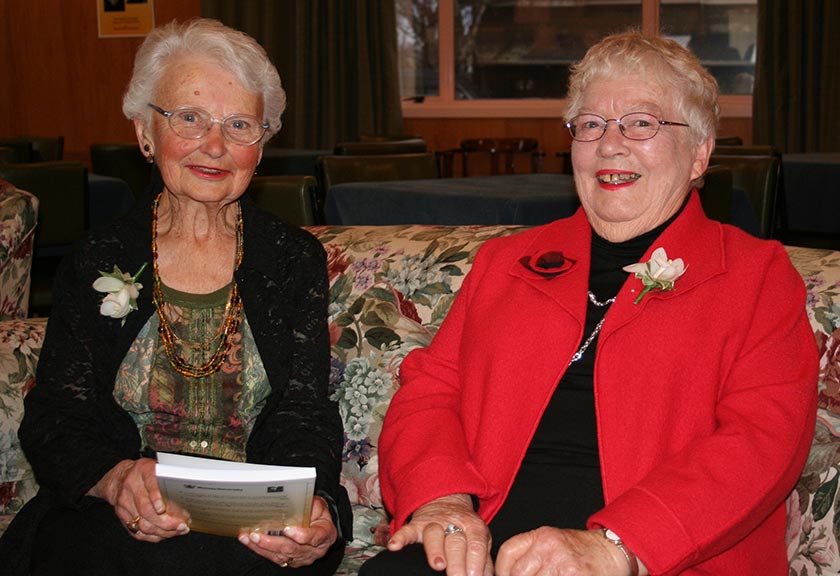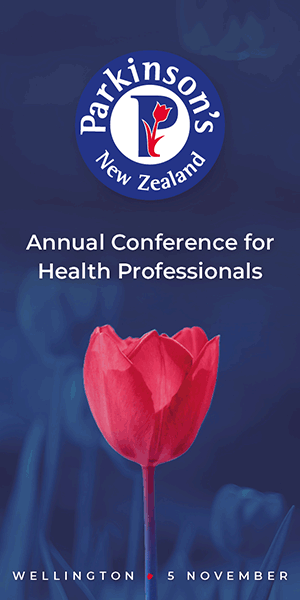I first met Nan Kinross when I was a Southland school girl. She presented the prizes at my 1965 high school break-up – part of her commitment to community service as the local chief nurse.
A decade later, Nan’s exciting new nursing programme at Massey University drew me back from Australia. For registered nurse students, the programme was both radical and transformative in an environment that was empowering and liberating. Nursing theories, research and innovative practice beckoned us, including the possibility of becoming nurse practitioners.
Forward to the nineties, when Nan’s eclectic intellectual interests made her a wise and much appreciated co-supervisor for my PhD. More recently, we maintained friendly if sporadic contact. With her passing, I feel a sense of loss, gratitude and everlasting respect.
The intent of university education for nurses at Massey was lasting change and innovation – changing practice by changing the way nurses thought about themselves and nursing. The underpinning belief was that effective nursing practice motivates, informs and challenges. It assumes an active role for clients, family and whānau.1
The result was a major disruption in late 20th century Aotearoa/New Zealand nursing. Professor Dr Nancy Kinross was the first and chief disruptor, although she always acknowledged the encouragement she and her academic colleagues got from inside and outside academia, in particular, government administrators and other nursing colleagues.
Nan took on major change in her own career in 1987, when she moved to the department of management systems at Massey to teach the diploma in health administration, where many health professionals and managers benefited from her skilled and erudite teaching. Her influence extended far beyond academia – she was a formidably astute player in nursing, education, research and health care.
From the 1990s, Nan’s most significant contribution to community service was her involvement in MASH, a trust that provides Mana Whaikaha support services to disabled people living in the lower North Island. She was very proud of her role in setting up the MASH Trust in 1992, in Palmerston North, with two staff. The fact that MASH now employs more than 500, providing services for 1700 people, is testament to her effectiveness as a board member, chair and, later, patron. MASH was one of a number of community organisations in the Manawatu that Nan belonged to, chaired and expanded. Recognition came in the form of a CBE and various community awards.
Nan was many things to many people: vital, passionate about lifelong learning, not afraid to get her hands dirty, sometimes fierce, good fun, resilient, an indomitable will, emancipatory teacher, caring and tolerant, a direct communicator, courageous, determined.
Nan showed there was life after nursing and other work, welcoming everyone to her cottage and garden, the dogs and pigeons, scone-making, shopping for shoes. A remarkable woman who lived a good long life, got things done and changed people’s lives for the better.
Reference
- Chick, N., & Kinross, N. (2006). Chalk and Cheese: Trail-blazing in New Zealand: A story told through memoir, 108, 151.





